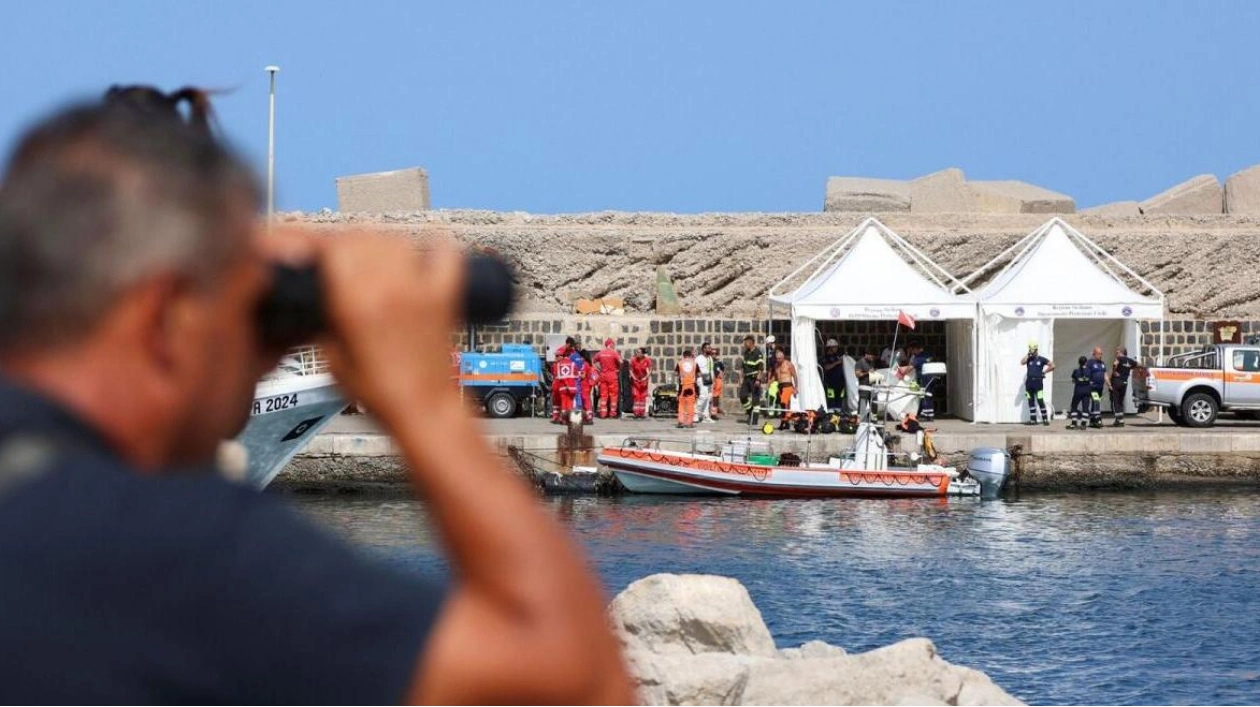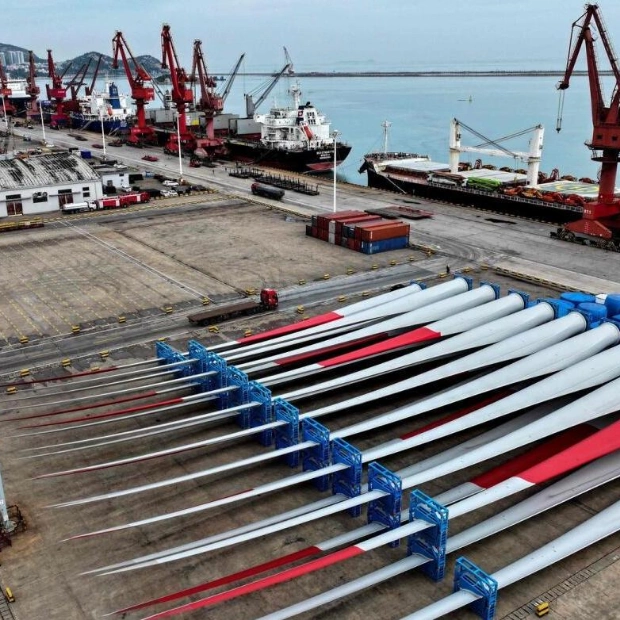Global warming might have played a role in the unusual storm that led to the sinking of a luxury British-flagged yacht near Sicily on Monday, according to Italian climatologist Luca Mercalli in an interview with Reuters. The incident resulted in one fatality and six missing individuals, among them British tech entrepreneur Mike Lynch, after their sailboat, the 'Bayesian', was unexpectedly caught in severe weather conditions. Mercalli, the president of the Italian meteorological society, speculated that the event could have been either a water spout, akin to a tornado over water, or a downburst, a common occurrence not characterized by air rotation. 'We lack definitive evidence as it transpired in the dark early morning, leaving us without photographs,' he explained. In Italy, water spouts can generate winds up to 200 km/h, while downbursts can unleash gusts exceeding 250 km/h. Data indicates an increasing frequency of downbursts across the nation, a trend Mercalli links to global warming. Following prolonged periods of intense heat, Italy has recently experienced storms and heavy rainfall. 'The sea surface temperature around Sicily reached approximately 30 degrees Celsius, nearly 3 degrees above the norm. This provides a significant energy source that fuels these storms,' Mercalli noted. 'While we cannot attribute this solely to climate change, we can affirm that it enhances the intensity of such events.' A comparable storm claimed four lives when a tourist boat sank in Lake Maggiore, northern Italy, in May of the previous year. Italy's diverse terrain makes it susceptible to floods and landslides, and its coastal position amidst rapidly warming seas renders it increasingly exposed to powerful storms. 'Climate-induced disasters in Italy are set to become more recurrent and severe,' Mercalli warned.

Text: Lara Palmer
19.08.2024
Sicily yacht disaster highlights potential impact of global warming on storm severity





